Clinical Training in Spiritual Psychotherapy for Inpatient, Residential, and Intensive Treatment (SPIRIT): A Practice-Based Evidence Study
Principal Investigator
Abstract
Previously, we developed Spiritual Psychotherapy for Inpatient, Residential, and Intensive Treatment (SPIRIT), a flexible group psychotherapy protocol for clinically and religiously diverse patients presenting for acute psychiatric care. Grounded in the principles of Cognitive Behavior Therapy, SPIRIT delivers elements of spiritual assessment, psychoeducation, and skill building, within a non-denominational framework. In a project funded by the Bridge Consortium (a project of the John Templeton Foundation), SPIRIT was successfully piloted with 1,443 self-referred patients by multidisciplinary clinicians (e.g., counseling, social work, psychology, psychiatry, and chaplaincy) at McLean Hospital’s main campus in Belmont, MA. Results demonstrated that SPIRIT can be feasibly provided to a large number of religiously and otherwise diverse acute patients presenting with mood, anxiety, psychotic, traumatic, alcohol/substance use, eating-feeding, and/or personality disorders. More broadly, non-religious clinicians were particularly adept at providing this unique treatment to patients, suggesting that a clinical training program in SPIRIT has great promise to facilitate spiritual and religious competencies among clinicians within acute psychiatric settings. However, we have yet to create, or evaluate, a systematized clinical training program to facilitate clinician competency in providing SPIRIT. We now propose to leverage this body of work in a practice-based evidence study. We will produce a 75-90-minute professional quality video to train clinicians in how to deliver SPIRIT (3-minute sample of video). We will then recruit ten staff members within acute psychiatric units throughout McLean Hospital’s national network of psychiatric care (e.g., Belmont Campus and McLean South-East/Oak Street in Massachusetts; Borden Cottage in Maine; McLean OCDI Houston in Texas). Clinicians will view the training video, administer at least 40 SPIRIT sessions, receive ad hoc supervision/consultation, and complete assessments of spiritual competence, and report on the content of each SPIRIT group, throughout a one-year period. Patients will also complete measures at each SPIRIT group, and we will obtain key clinical data from their electronic medical records. This approach will facilitate the provision of 400 SPIRIT sessions to upwards of 2,000 patients (~five patients/group), and also create a powerful database with nested patient-clinician values to explore the effects of our clinical training program on various psychotherapy processes and outcomes.
Project Team
Dr. David H. Rosmarin, PI
Sean Minns, Research Assistant
Dr. Caroline Cecil Kaufman, Post-Doctoral Fellow

